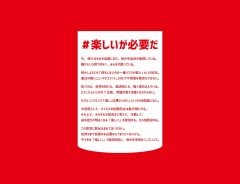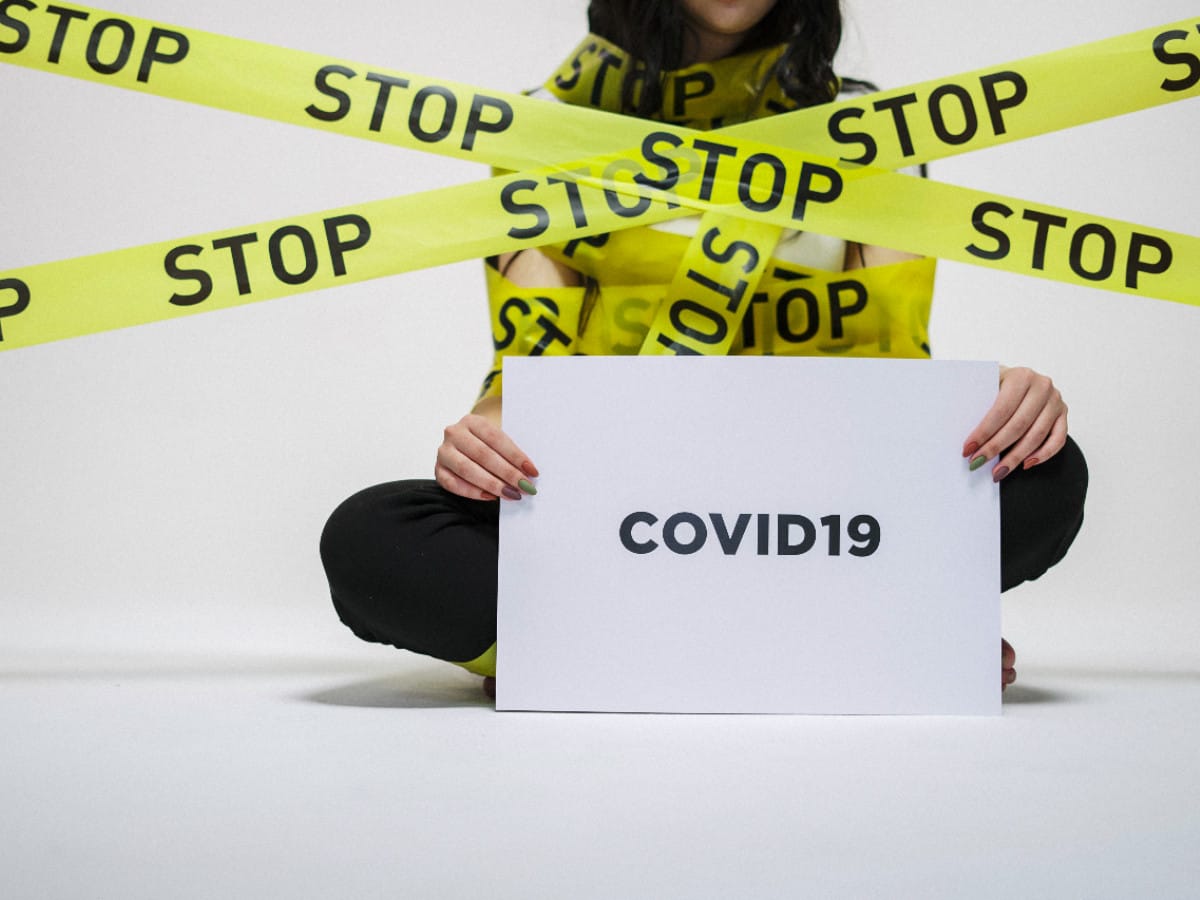- Tags:
- coronavirus / COVID-19 / harassment / vigilante
Related Article
-

Pandemic-themed Japanese Sweets “Gomitsu” to go on sale in February
-

What are Japanese people doing the homestay period? Home camping and other ideas
-

Feeling lonely during lockdown? Why not have dinner with Naomi Watanabe?
-

“Social Distancing”, Japan’s free browser game will keep you sane as you stay at home
-

Seven-Eleven Japan Begins Selling Life Insurance During Pandemic Scare
-

Fun is not canceled: a message of solidarity from Japanese artists and event organizers



COVID-19 has brought to light the dark impulses of some people. Widespread panic buying resulted in massive hoarding while anxieties fueled xenophobic and even racist comments on social networking sites.
The stress of the current situation has definitely made people across the world testy, which is certainly a shame. Trivial matters like wearing a mask have been politicized while misinformation has become so widespread it's become difficult to sort fact from fiction. Many institutions are failing their constituents, and cracks in the social safety net are starting to show.
YouTuber Bilingirl Chika’s recent experience is particularly telling of the current moral atmosphere. In early April, she posted a video updating followers about her decision to return home early to Japan from her trip to Kuala Lumpur. Her English explanation begins at 12:42.
To me, her decision seemed like the right call--take the opportunity to come home to, to be with family, before its too late and she is potentially stuck in a foreign country without recourse. After all, she has a child and only has a three-month tourist visa. Nevertheless, many commenters disagreed. Indeed, there was serious blowback.
The reaction was so bad that she eventually released a video apologizing about the matter, explaining the seriousness of her decision and her intent to comply with quarantine and other best practices. Over the last month, there have been no other videos uploaded on her channel.
While I personally felt angry over the, IMO, unfair backlash, I took a moment to crunch some numbers. Her video received millions of views, tens of thousands of dislikes, and several thousand, mostly negative comments. While those are all big numbers, only a minority, approximately 3-6%, visibly reacted negatively. Although the outraged minority was loud, I'd like to think that the vast majority of viewers remained level-headed.
Online Harassment Spikes During the Pandemic
With everyone stuck at home and limited to releasing their boredom and frustrations online, there is no lack of keyboard warriors. As the Japan Times reports, coronavirus harassment, known colloquially by the portmanteau "corohara," is increasing online. And off.
In an article on the issue, the Japan Times reported that confrontations are escalating on trains and in the workplace. Tensions have boiled over after someone coughed or sneezed and is then ridiculed or forced to apologize. The problem has been so bad that the Tokyo Metropolitan Government's labor affairs bureau launched a hotline dealing explicitly with the problem. It receives about 30 inquiries a day.
Patients and their families are also finding themselves in an uncomfortable situation. In March, a rural community was thrown into chaos after an elementary school boy tested positive in the community. The local government, seeking to inform the public while protecting the student's privacy, announced that there had been a case at the local school.
Residents panicked, demanding the municipality and school release information about the patient while others spread rumors accusing residents. Unfortunately, other similar stories are not hard to come by as a sense of "guilty by association" at times overrides individuals' kinder tendencies.
Virus Vigilantes
With tensions mounting, some are taking measures into their own hands. As numerous pachinko parlors and other businesses experienced, there is a trend to harass "unessential" businesses" that stayed open during the lockdown. In extreme cases, store owners have been the victim of vandalism or attacks.
The Japan Times has dubbed the perpetrators of such incidents "coronavirus vigilantes." Often resorting to "internet lynchings," such aggressive netizens survey the internet for actions they deem unforgivable.
In a separate article, The Japan Times covered a young woman who traveled to Tokyo, under false pretenses, despite having tested positive for the virus. Online vigilantes identified her on Twitter, identified her real name, and attempted to harass her at work. However, the Tokyo-based confectionary shop they targeted had no relationship to the young lady. The company was forced to distance itself publicly while threatening to take legal action.
On other occasions, vigilantes have targeted businesses they believed were gathering customers. A local candy store in Chiba received a threatening letter despite being closed, and an anonymous poster was taped to a Tokyo live house. In either case, the businesses had reduced or eliminated operations and were complying with local ordinances.
While similar aggressive behavior is occurring in countries throughout the world, "coronavirus vigilantes" likely feel justified in their actions. Owing to the lax laws limiting the ability of the Japanese government to enforce lockdown conditions, there is little recourse against individuals who flout lockdown ordinances. Vigilantes likely feel what they are doing is not only right but helping authorities maintain control during a difficult situation. Others, however, likely take some glee in punishing others, even if only from behind a keyboard.